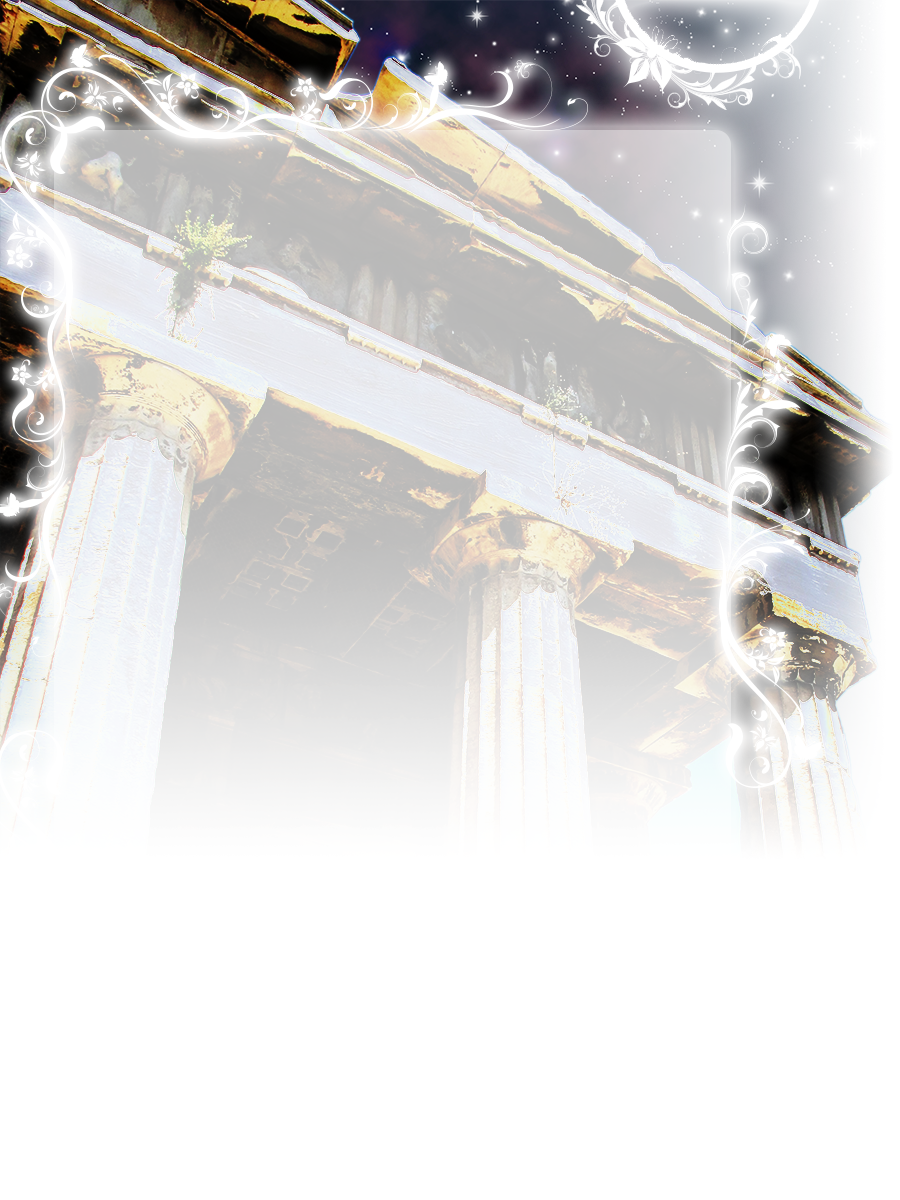On the World
Observation / Relative Complexity and PCE
NEVATHIR
May 15, 2018
Several months ago, we considered objections against Principle of Computational Equivalence and provided another complexity measure based on ability. To shed more light on the case, here we prove that the absolute characteristic of PCE is problematic and complexity/ability is a relative property.
The absolute characteristic of PCE is a feature of the correspondence between a complex object and a computation of equivalent sophistication. For each complex object, there is a essentially unique or equivalent computation that matches.
Thus, a complex statement from quantum mechanics corresponds to a definite computation. However, we know that a statement easily derived from Heisenberg picture may be very hard for Schrodinger picture, and vice versa. The complexity of a statement is not a property of the statement itself, but depends on the machinery that produces the statement.
The same can be said of projective geometry, number theory with schemes, quantum gravity, and many other topics. Duality is a exceptionally revealing mathematical tool taking advantage of relative complexity.
PCE is seriously flawed both for what it measures and how it measures.
The ability measure for complexity, on the other hand, is clearly relative. A task easily completed with a microscope may be very hard with a telescope. The complexity of a task depends on the ability of the tool used to perform it.
A obvious consequence of relative complexity/ability is that scientific knowledge is constrained by the ability of the machinery used to study it. Contrary to the absolute regime of hypothesis tests that provides a definite rule for all scientific inquiries, which is both SOP and fortune-telling for modern sciences, the regime based on complexity/ability offers diversity of machinery and avoids fallacies arising from mistaking mixtures for pure states.
In particular, total wisdom of the society isn't completely captured by computers.
The fear for AI outperforming humans in areas like data-mining, surveillance, and automation is real, but unless we allow machines to vote for us, democratic society still depends on the quality of its people to sustain its effectiveness.
People should develop better AI and use it to their own advantage, rather than work against the hypothetical machine dominance over humans in a world like The Matrix, whose initiation can be avoided, provided that humans hold their mind for survival and sanity.
Many consequences following the transition from absolute computational regime for complexity study to relative ability regime will be elaborated later, but computational orthodoxy has fallen.
